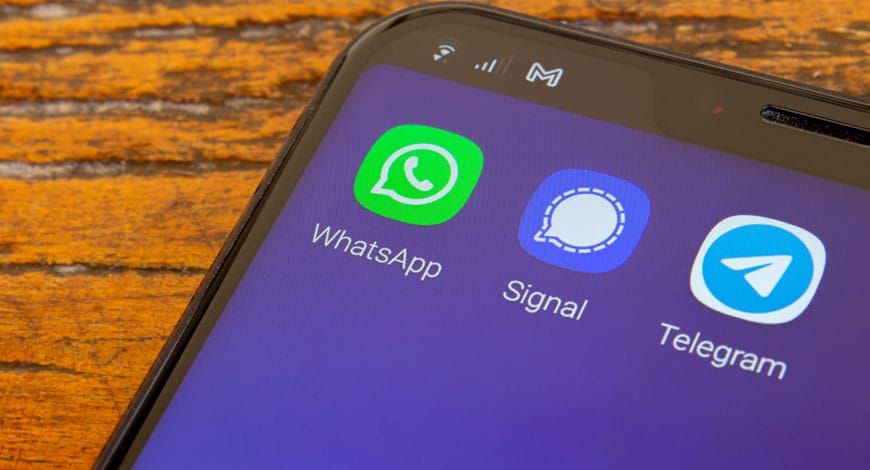[ad_1]
The Telecom Regulatory Authority of India (TRAI) has decided to exclude over-the-top (OTT) communication apps such as WhatsApp, Telegram and Signal from its new recommendations on the licensing regime, issued on September 18, 2024. The latest guidelines, part of the “Framework for Service Authorisations to be Granted Under the Telecommunications Act, 2023,” make no mention of online messaging platforms, keeping them outside the purview of the new telecommunications regulations.
This move aligns with the demands of digital advocacy groups, who have been pushing for OTT apps to remain free from the licensing requirements that telecom operators are subject to. Telecom companies have long advocated for bringing OTT apps under similar licensing regimes, arguing that these platforms should share the regulatory burden, particularly concerning network usage.
In its report, TRAI suggested an overhaul of the existing licensing framework, recommending a unified authorisation for all telecom services. The proposal outlines three main categories for service authorisations: main service, auxiliary service, and captive service. Additionally, the telecom regulator proposed combining the scopes of the Global Mobile Personal Communications by Satellite (GMPCS) and VSAT-CUG (Very Small Aperture Terminal-Closed User Group) licensing regimes into a single “Satellite-based Telecommunication Service Authorisation.” This new framework removes previous restrictions on VSAT operators, allowing them to offer services beyond closed user groups (CUGs).
These recommendations follow a consultation paper released by TRAI in July 2024, which sought feedback on regulating OTT apps, among other issues. During the consultation process, 48 stakeholders submitted their responses, with 17 entities providing counter-comments. TRAI also held an open house discussion to gather further input.
One of the contentious issues discussed was whether OTT communication platforms like WhatsApp, Telegram, and Google Meet should collaborate with licensed telecom operators and potentially pay a network usage fee. Telecom operators, represented by the Cellular Operators Association of India (COAI), supported this idea, urging that OTT apps contribute financially to network infrastructure.
However, digital advocacy groups, including the Internet & Mobile Association of India (IAMAI), strongly opposed this proposal, calling it detrimental to the country’s digital economy. Activists warned that such a move could harm India’s digital landscape, raising concerns about the impact on net neutrality and the broader implications for innovation and online access.
The debate over regulating OTT platforms versus protecting the interests of telecom operators remains ongoing but for now, TRAI’s decision excludes OTT apps from the new licensing rules, reflecting a balanced approach to the evolving digital ecosystem.
[ad_2]

